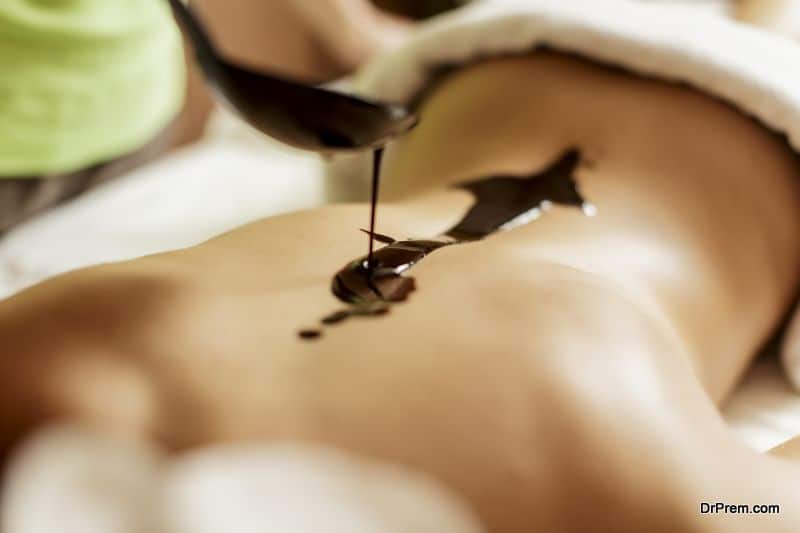The global wellness tourism industry growing at an exponential speed is changing the dynamics of the hospitality industry as is evident from the frequent mergers and acquisitions by the global players of the travel and hospitality industry.
Hyatt recently announced its 100% acquisition of Exhale for an amount yet to be disclosed. This is another great acquisition event in the hotel industry coming on the heels of acquiring the Tuscon based Miraval Group for 215 million at the start of this year.
Exhale, a reputed wellness brand in the US and Caribbean is highly admired for its boutique fitness class and spa therapies spread over 25 locations including some airports and hotels. By integrating the unique products and services of Exhale, Hyatt plans to expand in the wellness domain offering high-end wellness and fitness programs to its guests all over the world.
The boutique fitness industry, as predicted by the Wall Street Journal, is to double its growth in 2020 from the current valuation of about $7 billion (as in 2015). But the Exhale CEO felt the space is getting saturated with the mushrooming of boutique fitness brands vying for a share of the pie. Therefore, operating as a standalone company under the Hyatt’s wellness domain would be a safer bet to sustain in the competitive market.
Rising focus on well-being and mindfulness of the global population:
Amidst the uncertain global economic scenario, the growth of wellness tourism is outpacing every other sector. Revenue from the global wellness tourism grew by 14% in 2015 touching $563.2 billion from $494.1 billion in 2014, following a growth trajectory more than twice observed in overall global tourism, which is 6.9%.
The appetite for wellness is increasing among the global travelers. They want to remain healthy and fit in all respects while on-the-go. They are continuously looking for more mindful life changing activities apart from deriving fun from sun, sea and surf. For this, they are even spending 61% more per trip than what is seen in leisure travel.
Timely response to the need of the hour:
Going by the trend and sensing the need to align with the rising demand of wellness, global players of the hospitality industry are competing to occupy this white space where wellness and travel are entwined.
Their objective is to answer the wellness requirements of the guests as they are used to at home. The leading hotels aim to take the hospitality services to new highs by integrating wellness features in their services, which would allow them to super-serve high-end travelers.
Merger and acquisition craze grips the wellness hospitality market:
The craze for merger and acquisition in the global wellness sector has literally picked up in 2015 in line with the prediction of the experts which saw some mega takeovers as follows:
- InterContinental Hotels Group bought San Francisco based Kimpton Hotels and Restaurants for $430 million.
- French Accor Hotels acquired FRHI Hotels and Resorts for $2.9 million.
- HoW Wellness Pvt Ltd, which operates Spazure and Spa Express in 20 stores in India and Spain acquired Serena Spa Pvt Ltd who runs 18 Spas in boutique hotels and resorts in India, Seychelles and Maldives.
- Millenial travelers now look for the perfect at-home staying experience. This has led Wyndham Worldwide to go for a $7.5 million investment in LoveHomeSwap with the objective of expanding beyond the traditional hotel system.
- Marriot International took over Starwood Hotels and Resorts in a $12.2 million bid creating the largest hotel management company having more than 5,500 hotels with an astounding number of 1.1 million rooms!
Naturally, the pressure was felt by other mammoths of the hotel industry among which Hyatt caught the global attention with two back to back sensational acquisitions in 2017.
Expansion and consolidations matters:
In a dynamic industry like travel, where customer preferences are changing fast and emerging destinations catching the attention of global tourists, hospitality organizations are under tremendous pressure to sustain their growth rate.
In a bid to reduce the competition, branded organizations always look for expansion mode by acquiring well established assets, which is seen in the recent Hyatt acquisition. This creates many benefits especially considering the economy of scale. The existing staff can be realigned without increasing the overhead cost and duplicate activities can be eliminated.
Therefore, these big acquisitions certainly herald for more such events in the wellness hospitality sector. As the milennials will clamor for more unique travel experiences and adventures, it will help the newly formed conglomerates to innovate wellness services which will deviate a lot from the traditional hotel-staying experiences.
Milennial travelers are highly valuing personalized service. Wellness needs vary with person to person, and the one-size-fits-for-all strategy will not play here. But with sharing economy and responsibility, it is possible to attain much higher standards in the quality of service delivery, which can create a huge difference in the experience of the travelers. Hence more such mega mergers and acquisitions in the near future would take the global wellness tourism few more steps ahead.













